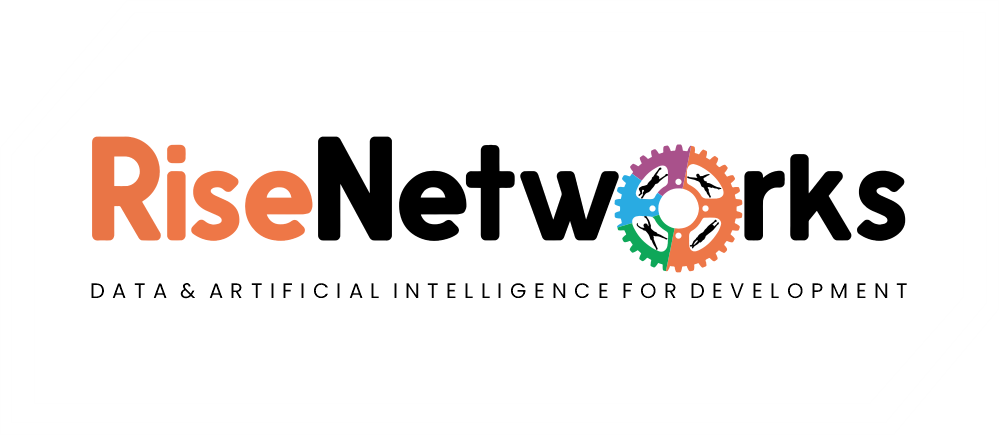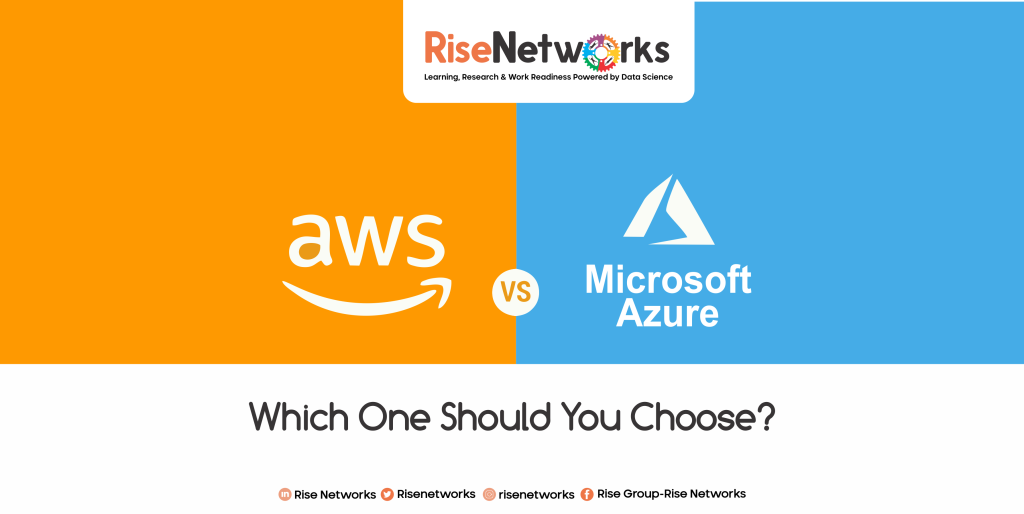About AWS
AWS was launched in 2006. At present, AWS offers more than 100 services related to databases, computing, application development, infrastructure management and security. AWS has its offices located in 16 geographical locations.
About Microsoft Azure
Microsoft Azure was launched in the year 2008. It is a cloud computing service offered through a global network of Microsoft-managed data centres. These services are provided in three ways: Software as a Service (SaaS), Platform as a Service (PaaS) and Infrastructure as a Service (IaaS). It also supports several tools, programming languages and frameworks.
CHECK OUT OUR CLOUD COMPUTING COURSES
AWS vs. Azure – Which is better?
While both provide similar services, there are certain factors based on which the two differ. These can be segregated in terms of revenue generation, flexibility, features and adaptability.
Market share and Revenue
AWS has become one of the most popular cloud computing service providers in the world with its revenue crossing the mark of $59 Billion. This is a 37% positive revenue growth in Q2 2021 w.r.t. Q1 2021. Azure has seen a 50% growth in revenue with the numbers not known publically.
At present, the market share of AWS is 40% whereas Azure has a 30% hold on the market. In terms of market share and revenue, AWS appears to be leading. Several other parameters can be a game-changer in this battle of AWS vs. Azure.
Open Source Community
Microsoft Azure is still in the process of becoming friendly to the open-source community. This hasn’t changed the industry’s perception of Microsoft. This also contributes to the domination of Amazon AWS in the cloud hosting space.
Storage Capacity
AWS’s cloud object storage solution offers high availability as well as automatic replication across regions. In AWS, temporary storage starts functioning whenever an instance starts and it stops when an instance gets terminated. It also provides block storage which is quite similar to hard disks. It can either be attached to EC2 instances or can be kept separate.
On the other hand, Azure uses page blobs and temporary storage for VM based volumes. Its block storage is similar to S3 in AWS.
Machine Learning Model
Both AWS and Azure have machine learning studios for machine learning model development. Unlike Amazon SageMaker, Azure’s studio does not require to delve deep into the complexities of data engineering, python coding and open source libraries.
Pricing Model
Both Azure and AWS offer pay as you go pricing model. AWS is chargeable on an hourly basis whereas Azure is chargeable on a per-minute basis. Azure offers more flexibility in short term subscription plans. While comparing the two, Azure is more expensive. This can be seen in the case of Azure instances which get costlier with increasing sizes. For a 256GB RAM and 64vPCU, Azure will charge almost double what AWS is charging.
Compatibility with Hybrid Cloud Market
Azure excels in the hybrid cloud market in comparison with AWS which is still a work in progress.
Licensing and License Mobility
Azure and AWS ensure that customers do not have to face difficulties related to licensing or license mobility. You only have to pay for services that you are availing of. In Microsoft Azure, you are eligible for license mobility if you have already paid for the service.
Although Azure is convenient in terms of set-up for Windows admin, AWS is highly configurable and feature-enriched. When it comes to comparing AWS vs. Azure, it is very clear that most of the services are similar in both cases. On the other hand, Azure leads AWS in terms of features such as Azure Site Recovery, Azure Event Hubs, the Azure Visual Studio Online, and Azure Scheduler.
In terms of flexibility, and adaptability to the open-source community AWS seems to be leading. It also gets an additional point when it comes to revenue generation.

